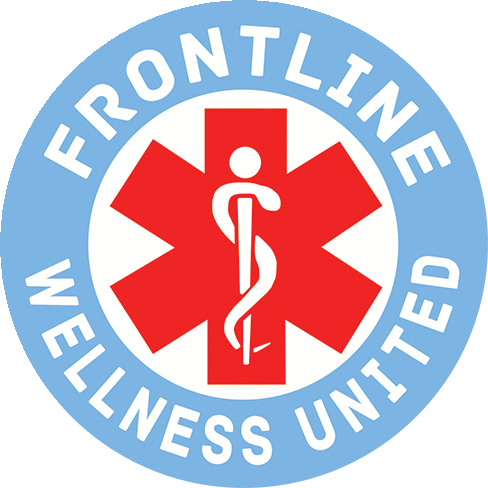Mental-health therapist Robin Chancer, & Taggart Long, Firefighter/Paramedic, will discuss mental health, first-aid & other intervention strategies based on research and real-world experience.
You’re invited Sunday the 23rd at noon, Eastern Standard Time. Join the webinar here.
Among the topics Robin and Taggart (Frontline’s training director) will cover this Sunday at noon Eastern Standard Time (in the United States):
• Robin will discuss research on trauma in the aftermath of 9/11.
Specifically, she’ll focus on studies of those who participated in debriefing sessions right after a traumatic event (“critical incident stress debriefing”) and fared worse than those who did not. What we’ve learned from debriefings can inform how we respond to people undergoing a highly stressful event. The focus now is on “psychological first-aid” for victims.
• How to promote a sense of safety: initiate contacts in a non-intrusive, compassionate manner. Help the person become as safe as possible, and state as much.
• How to promote calming: comfort, grounding, stabilization.
• How to gather info on current needs and concerns
• Offer practical assistance, meet basic needs
• How to promote a sense of self-efficacy: offer positive coping ideas, notice things the person is doing or has done well.
• How to improve connectedness with activists: linking social supports & resources
• Instilling hope, protecting activists from further harm. Taggart and Robin will discuss particular struggles they have encountered among activists, including:
*elevated fear and stress associated with crackdowns
on activists—fear of consequences
*handling trauma, unexpected injury (tear gas,
violence, etc.) & intense emotions that may result
*managing anger, grief, disillusionment, emotional
sustainability
*dealing with the stigma that surrounds mental
illness, seeking help
Taggart and Robin will also cover strategies that increase chances of success as we intervene. Bedside manner matters. We begin with, “How can I help you today?”

